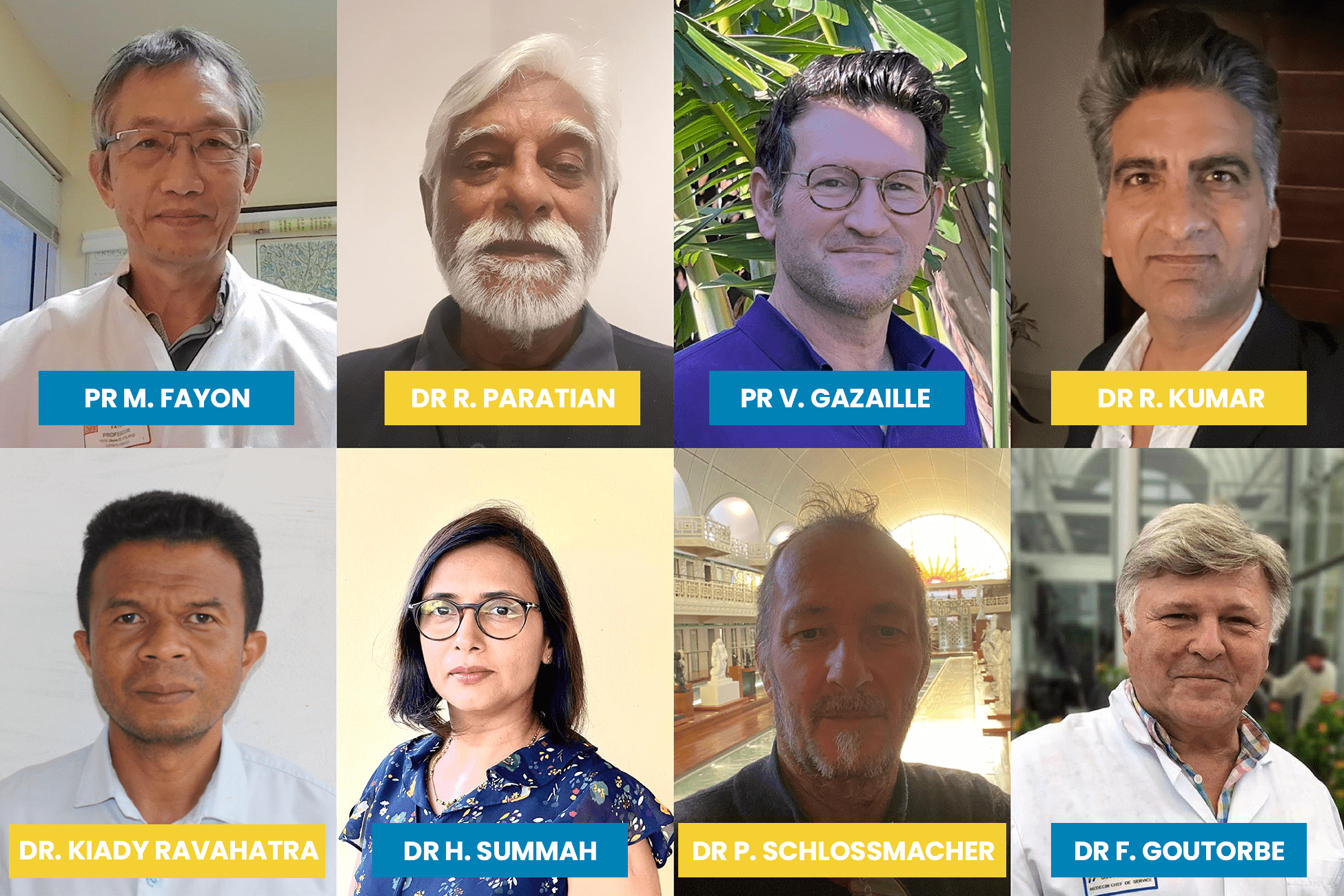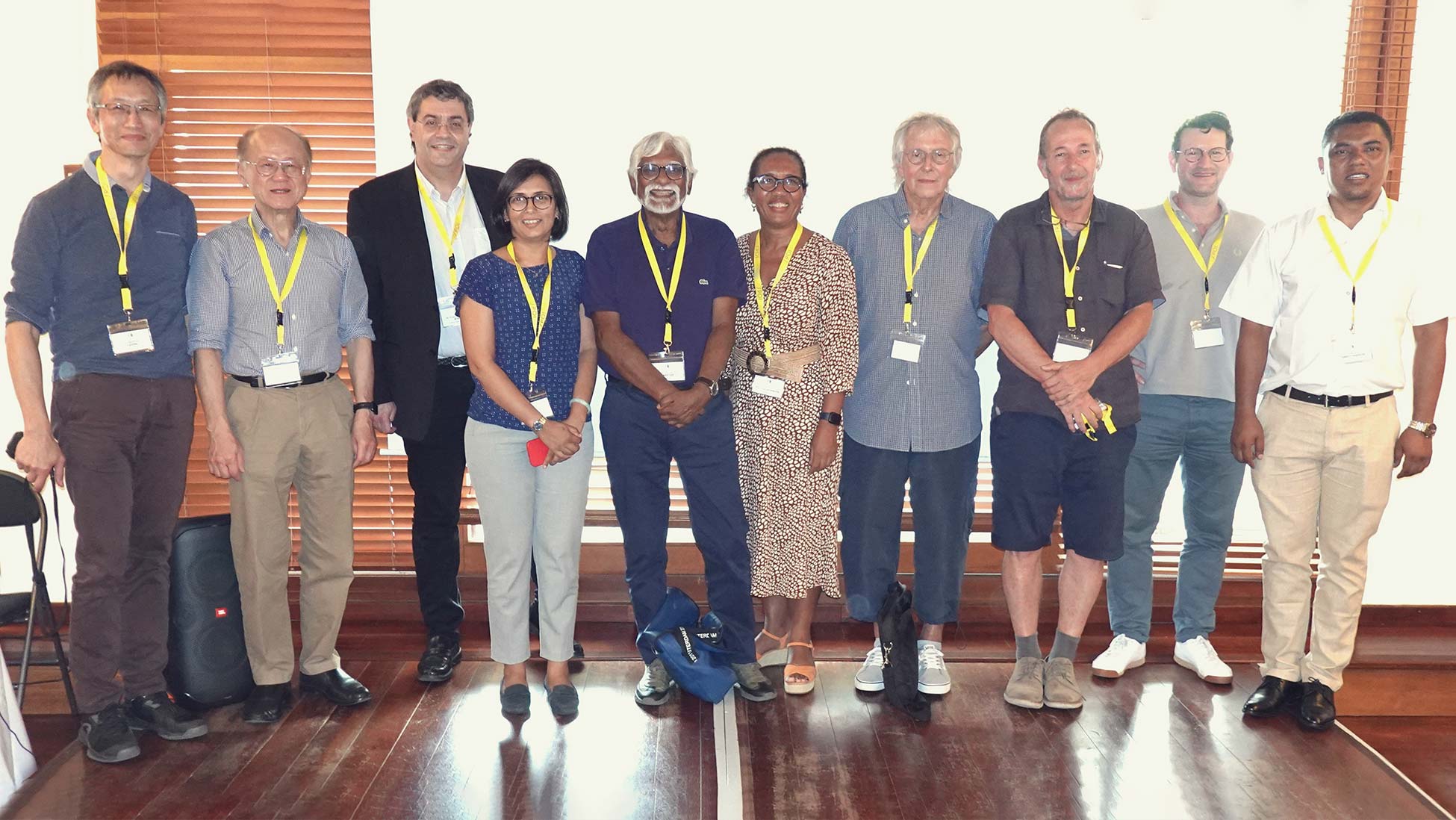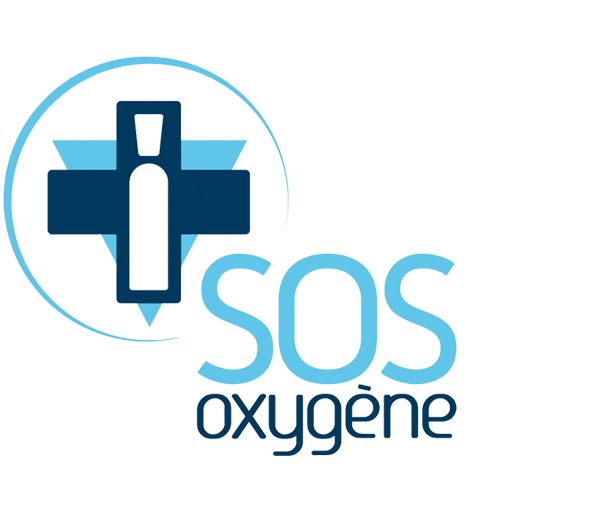The SPOI is a learned society set up by a small group of 4 pulmonologists, including Dr Zaidou, Dr Tanguy, Dr Raheolina and Dr Paratian. Its aim is to promote pneumology in the Indian Ocean. To this end, it brings together the professionals who meet the challenge of treating respiratory diseases in the Indian Ocean on a daily basis.
The geographical area covered by the SPOI includes the south-western Indian Ocean, as defined in 1982 by the Port Louis Conference, which laid the foundations for the Indian Ocean Commission (IOC). This Indo–Oceanic universe is a geographical, historical, economic and social reality. It brings together the islands of the Indian Ocean: the Comoros and Mayotte, Madagascar, Mauritius, Reunion Island, Rodrigues and the Seychelles. France sits on the Indian Ocean Commission through Reunion Island. The SPOI’s dynamism is further enhanced by the presence of South Africa.
The SPOI faces enormous challenges: the medical resources available to pulmonologists practising in the Comoros and Madagascar are different from those of their colleagues in Mauritius and Seychelles. The pathologies are also different: infectious and tropical pneumopathy in Comoros and Madagascar, Western-type pathology in Reunion Island, with the emergence of bronchopulmonary cancers and sleep-related respiratory pathology. However, certain public health problems are common to both regions: the fight against smoking, the treatment of asthma and COPD, the prevention of the harmful effects of the environment and climate change, etc.
Trade between the islands of the Indian Ocean has always been important. This has increased in the 21st century with the development of air transport and tourism. The SPOI has a natural place in this. It enables pulmonologists from the Indian Ocean and other world experts to meet at each of its annual congresses. It promotes high-quality teaching and solidarity initiatives. Supporting students in their training will enable lung specialists from the Indian Ocean to receive additional training in university hospitals in the Indian Ocean, as well as in mainland France, Australia and the UK, for example.
We need to take advantage of the stated desire to bring the Indian Ocean out of its isolation so that respiratory diseases are fully taken into account, for the greater benefit of patients in the region.






